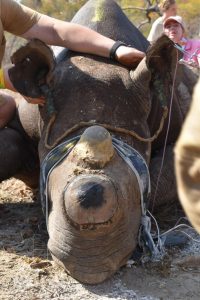
The Selati Wilderness Foundation NPC (SWF) was established in 2018 to assist in supporting the unique conservation responsibility we all have at the Selati Game Reserve and surrounds. The specific objectives of the SWF are to:
The SWF is a registered Non-Profit Company (NPC), we prioritise transparency in handling donations, channelling funds towards achieving our stated objectives. The SWF is also a registered Public Benefit Company which allows for tax efficient donations to be made.
Our impact extends beyond the reserve, reaching local communities and schools through various support initiatives. From feeding schemes to infrastructure assistance and environmental awareness training, we strive to uplift and empower these important stakeholders. Our dedicated staff, supported by passionate volunteers, work to bring our community projects to life.
The SWF board comprises a diverse mix of individuals, including landowners, business executives, and conservation experts. This diversity of expertise fuels our decision-making and propels our initiatives forward, ensuring well-rounded and effective conservation strategies.
The funds generated by SWF enable us to enhance conservation-focused education, monitor wildlife, protect endangered species, and expand our scientifically sound research capabilities. What sets us apart is our unique ability to attract funds through unforgettable conservation experiences, complemented by valuable wildlife insights derived from Selati Game Reserve’s research. These experiences, including assisting with rhino monitoring, Wild Dog and Cheetah interactions, Elephant collaring and immuno-contraceptives, have made Selati Game Reserve a sought-after research partner.
SWF also directs funds towards the development of state-of-the-art technology platforms that support our conservation efforts and research. We are dedicated to ensuring that we have a very strong and active research capability that position us as thought leaders in wildlife research and its practical application. In partnership with the Selati Game Reserve, we actively shape the brand of the reserve as a premier research destination.
At SWF, we collaborate with the landowners and management, and our ambassadors are recruited from those organisations and individuals that share our common vision. This deep level of involvement enhances the collective impact we can make, strengthening our commitment to preserving the natural heritage we all cherish.
Join us at the Selati Wilderness Foundation NPC as we continue our journey towards conservation excellence, community empowerment, and sustainable wildlife protection. Together, we can create a brighter future for our natural heritage and the communities that depend on it.
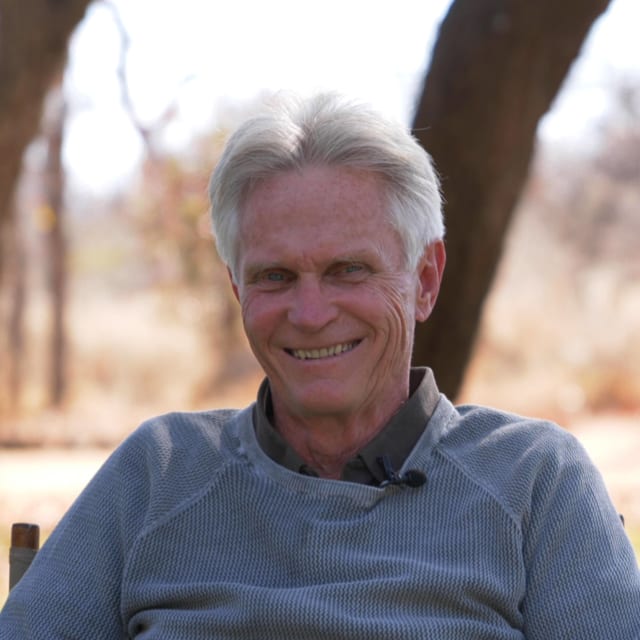
Alan du Toit is an owner on the reserve, bringing his expertise and passion for conservation to the forefront. With a deep commitment to protecting wildlife and their habitats, Alan has served on the Selati Board of Directors for many years, contributing invaluable insights and guidance. With a background in Geology and Geophysics, Alan holds a B.Sc Honours degree, which has provided him with a strong scientific foundation to support his conservation efforts. Through his contributions and expertise, Alan du Toit plays a vital role in furthering the conservation objectives of Selati Wilderness Foundation.
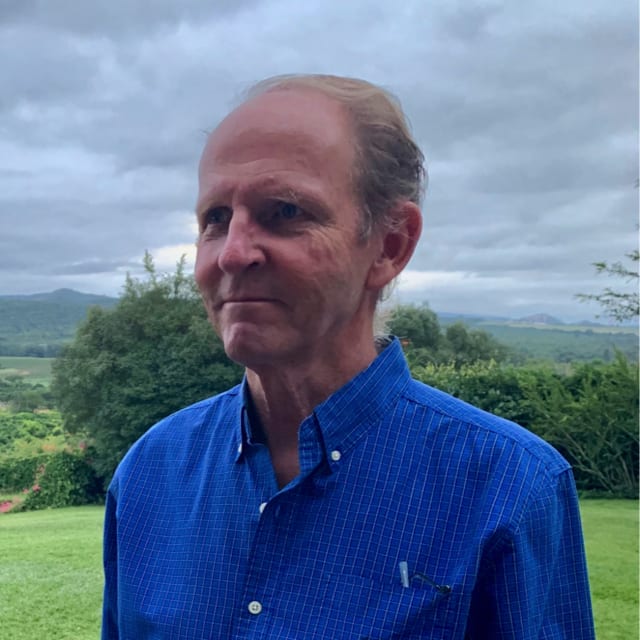
Rob Snaddon is a remarkable individual who played a pivotal role in the creation and development of the Selati Game Reserve. As the driving force behind negotiations with neighbouring farmers and owners, Rob was instrumental in bringing the reserve to life and establishing its Constitution. For a substantial period of Selati's existence, Rob served as its esteemed chairman, providing guidance and leadership that shaped the reserve into what it is today. His unwavering commitment and dedication to the vision of Selati have been instrumental in its success and growth. Rob was previously managing director of the family company HL Hall & Sons for many years and until recently was non-executive chairman of their Board of Directors.
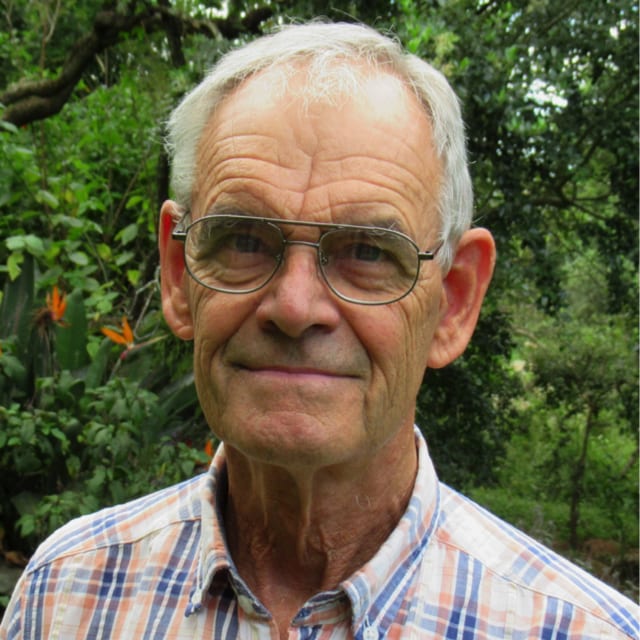
Garth studied Zoology at the University of Natal, completed his Honours at Rhodes, and obtained an M.Sc and Ph.D from the Rand Afrikaans University. He worked as the Director for Environmental Management for the Mpumalanga Provincial Government. Garth is widely recognised for his research on birds and has been honoured with two Owl Awards from Birdlife South Africa. In 2013, his extensive work on Crowned Eagles garnered recognition from the Endangered Wildlife Trust, leading to his receipt of the prestigious 'Raptor Conservationist of the Year Award.'

Pieter is the newest board member, having joined the Foundation in 2022. He holds the position of Managing Director in the automotive division at Lightstone. Pieter leads a dynamic team of auto experts who deliver workflow, data, and analytical solutions to the automotive industry. Under his leadership, the business has entered a new era, streamlining multiple companies into a single efficient operation that adds value to key players and organisations within the industry.
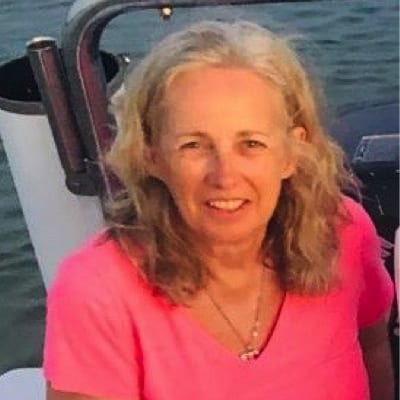
Val is a dedicated conservationist who resided as an owner in Selati Game Reserve from 1996 to 2022. Originally from Canada, Val was raised and educated in England. Her journey in Africa began in 1982 when she settled in Zambia's beautiful Luangwa Valley. Later, she moved to the captivating Linyanti and Selinda regions of Botswana alongside her late husband, the esteemed artist Keith Joubert. Val's passion for wildlife and exploration led her to extensively travel across Africa's remarkable wildlife areas as a freelance travel writer and photographer. In addition to her conservation work, Val has also made significant contributions to the art world by owning an art gallery in Chobe, Botswana. With her deep connection to the African continent and rich experiences, Val brings a wealth of knowledge and a profound love for nature to her role as a conservationist.
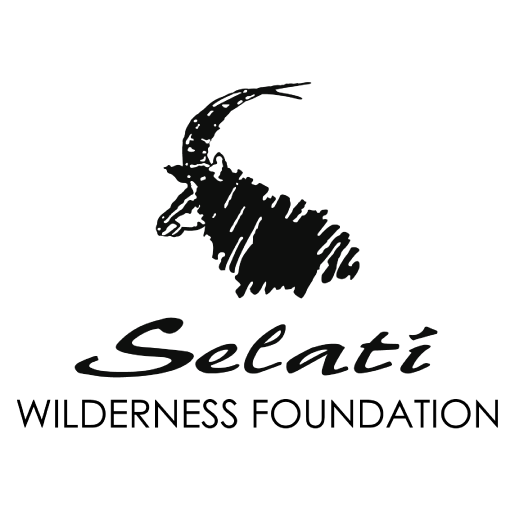
The Selati Wilderness Foundation (registration number 2018/090330/08) was established in 2018. The NPC is also registered as an NPO with the Department of Social Welfare (250-958 NPO) and with SARS as a Public Benefit Organisation (PBO 930062893).
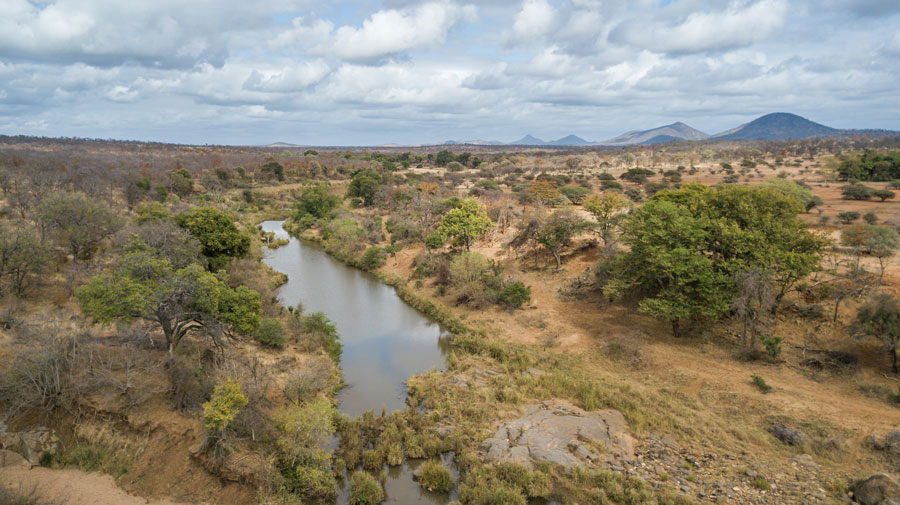
The Selati Wilderness Foundation operates from the Selati Game Reserve, a 28000 hectare game reserve that forms an integral part of the Greater Kruger National Park ecosystem. Occupying a vital position adjacent to the renowned Kruger National Park, Selati Game Reserve acts as a buffer zone, expanding the protected area and providing a sanctuary for wildlife. This pristine reserve which is listed as a Critical Biodiversity Area not only plays a crucial role in safeguarding endangered species and their habitats but also offers visitors a remarkable safari experience immersed in the beauty of African wildlife. With a commitment to responsible tourism practices, Selati Game Reserve and its neighbouring conservation areas work together to preserve the region’s extraordinary natural heritage, ensuring its preservation for future generations.